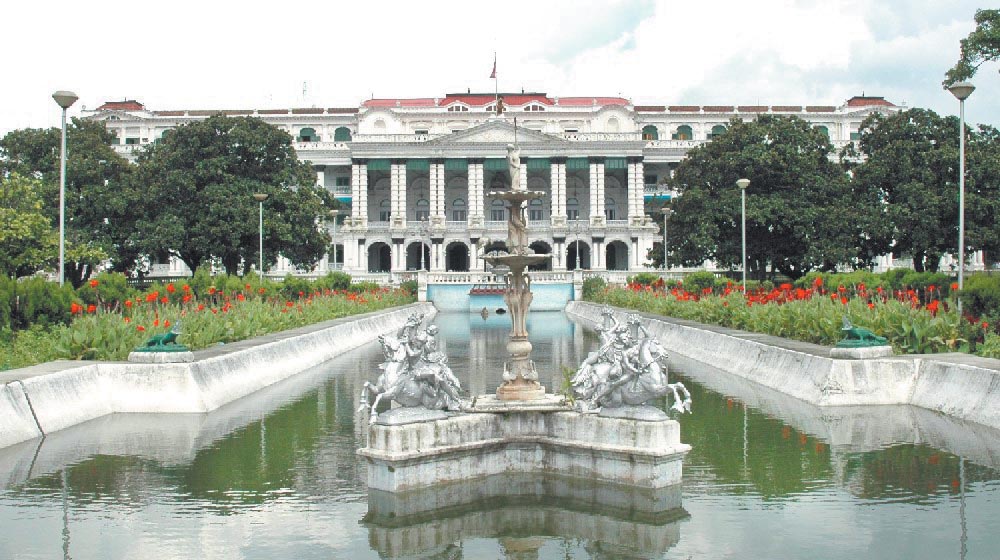Pork barrel fund for lawmakers’ pet projects likely to come to an end
Kathmandu May 13
The government is under pressure to dole out funds to lawmakers for the Constituency Development Programme and Constituency Infrastructure Special Programme, which can increase government spending by over Rs 6 billion.
Most CPN-UML, Nepali Congress and CPN-Maoist Centre lawmakers are lobbying for continuity of the two programmes under which each lawmaker gets Rs 5 million and each electoral constituency Rs 30 million.
If funds are provided to these programmes, the government’s financial burden will rise by Rs 6.6 billion this fiscal as there are 334 members in the Parliament and 165 electoral constituencies. This pork barrel spending, which goes to lawmakers’ pet projects, has very little developmental impact. Besides, it will widen the budget deficit in the current fiscal. Only around two months are left for the current fiscal year to end. This raises questions on quality of spending on projects under the two programmes.
“It could be even more damaging if similar demands were made by Provincial Assembly members,” said a minister on condition of anonymity. “And, it will not stop there. Even representatives of municipalities and wards can ask for funds. It will be impossible to fulfil everyone’s demand.” These are some reasons why the PM, finance minister and other ministers don’t favour continuing these programmes, said the minister.
“This is a political issue,” Finance Minister Yuba Raj Khatiwada told THT. “We are discussing it and a decision will be taken jointly by political parties. I don’t want to comment on whether or not funds can be allocated for the programmes,” he added.
Khatiwada is under pressure from UML, CPN-MC and NC lawmakers to provide funds for the programmes. Last Tuesday, more than 50 lawmakers barged into his office and even misbehaved, sources said. They did this after Khatiwada said he could not meet them immediately as he was in a meeting.
The CDP and CISP were introduced when the country had not shifted from unitary to federal system of government. Under the unitary system, lawmakers had complained that the government gave priority to constituencies affiliated with well-connected politicians, giving other constituencies very little fund for development.
This is unlikely to happen in the federal system as all provinces and local bodies will get four types of grants based on the formula derived by the central government. So, the two programmes are not relevant in the present scenario.
“Yet lawmakers are making the demand to secure their vote banks,” the minister said, adding, “Although the Ministry of Federal Affairs and General Administration has proposed that the fund be provided for these programmes, it has not become a Cabinet agenda yet.”






